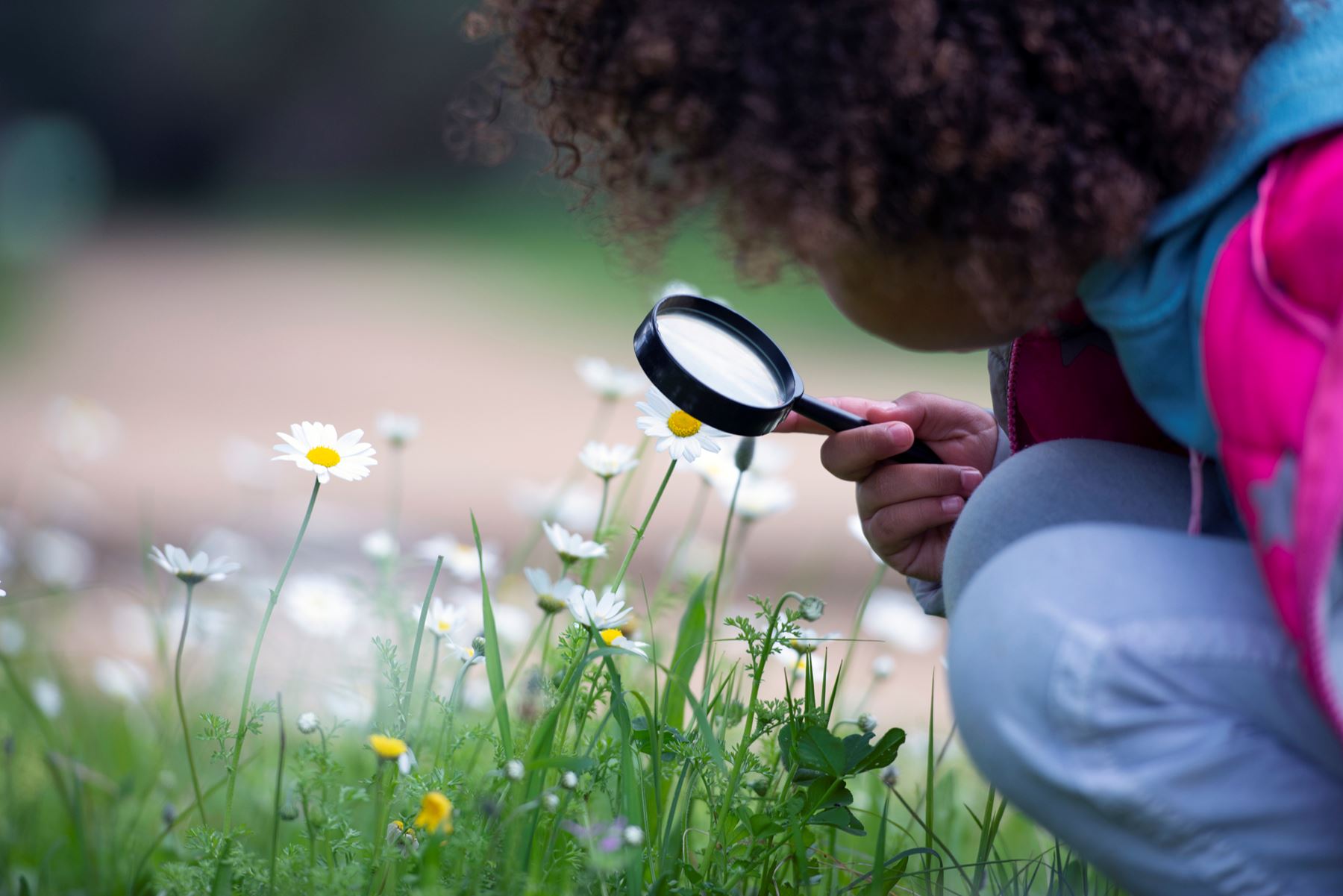Keeping track of chemicals
Chemicals are all around us – in food, in our clothes, in our homes, at work, in the soap you wash with, in the air you breathe – yes, even you yourself are made up of different chemical substances. But when you think of chemicals, maybe it's red warning triangles that pop up in your mind? Why has it come to be that we associate chemicals with something that is dangerous and that we should avoid?
Many chemicals occur naturally in the environment and others are manufactured industrially. Just because a chemical substance is natural does not mean that it cannot have a negative impact on humans, animals and nature. And conversely, not all manufactured chemicals are bad for us.
Natural chemicals, for example, can be allergenic and manufactured chemicals can have many positive properties.

What is the function of chemicals?
Everything is made up of chemical substances, also called chemicals. Chemicals are used in the manufacture of a wide variety of goods; building materials, food, textiles, electronics, etc. endlessly.
Chemicals provide a variety of features and functions that are necessary, desirable or that make our everyday life easier.
What is not so good?
While chemicals have a number of good and desirable properties, they can also be harmful to our health or to the environment. For example, they may have properties such as carcinogenic, dangerous to aquatic organisms, endocrine disruptors or allergenic.
In the EU, there is a regulation called REACH – registration, evaluation, authorisation and restriction of chemicals. REACH means that all chemicals manufactured and used in the EU must be registered and evaluated to protect both people and the environment. It is up to the companies that trade in chemicals to prove this. In Sweden, it is the Swedish Chemicals Agency that conducts supervision and has the main responsibility for ensuring that REACH is introduced.
For many chemicals, there is still a lack of knowledge and research on how they affect our health and the environment in the long term. Another problem is that the EU's work to review chemicals is very slow and new chemicals reach the market much faster.
More about different chemical substances
What does the Nordic Swan Ecolabel think about chemicals?
The Nordic Swan Ecolabel likes chemicals! That is, the chemicals that have good properties and that do not have a negative impact on humans and the environment.
Those that have dangerous properties are prohibited or restricted as far as possible. Whenever we set our requirements we lean on the precautionary principle. This means that, where there is not enough information about how a substance affects humans and the environment, we choose to exclude it rather than allow it.
We also set requirements for chemicals where there is research, and our limit values for the amount of chemicals that can be used are often tougher than what the legal requirements state. Sometimes we allow very small amounts of less good chemicals if they are necessary for a product to be effective and work as intended.
More areas to keep an eye on
Reduce environmental toxins
Learn more





